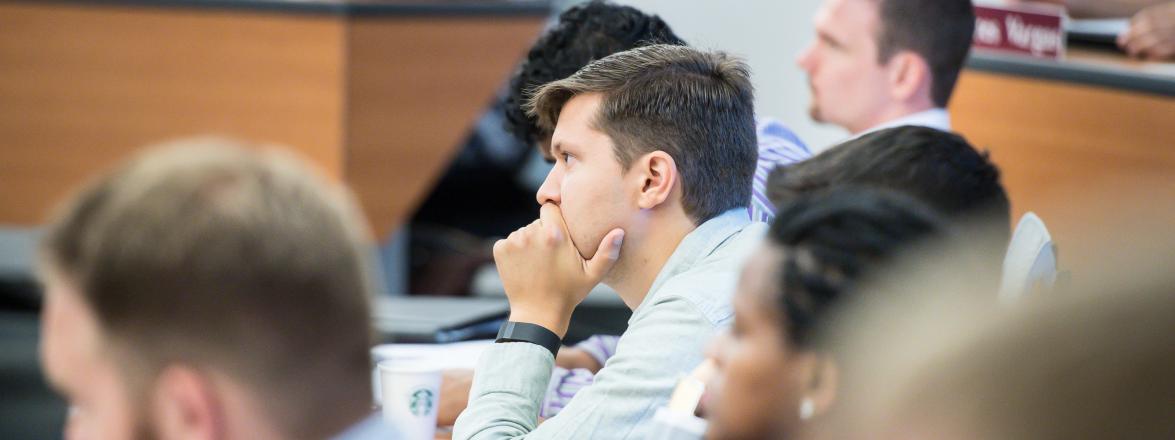
How to: Prepare your best application
When it comes to applying for graduate school, academics are only one piece of the puzzle. Beyond your undergraduate GPA and standardized test performance, an effectively constructed application will help you stand out in the prospective b-school crowd.
When it comes to applying for graduate school, academics are only one piece of the puzzle. Beyond your undergraduate GPA and standardized test performance, an effectively constructed application will help you stand out in the prospective b-school crowd.
Consider the following steps to ensure your application materials are ready for submission and improve your probability of acceptance.
Make a statement
The program-specific admission essay should showcase your ability to write clearly and concisely while discussing both your educational and professional goals. Avoid repositioning your resume or life story, and keep in mind that the statement of purpose is much more than a bio or introduction. Write directly and objectively about your experience and future goals, focusing on achievements and experiences that have prepared you for success in graduate school.
When you’re ready, have someone review your admission essay. If you’re still in school, ask a career advisor for feedback on your first draft. And if you’re already out in the working world, turn to a colleague or anyone able to objectively comment on what you’ve written.
Get a ringing endorsement
Letters of recommendation are very important to admissions committees because they help paint a picture of who you are from an outsider’s perspective. This is the only application component that you can’t complete on your own, so it’s important to choose and connect with recommenders as early as possible in the overall application process. Get in touch sooner rather than later to ensure each source is available and has adequate time to craft a quality recommendation.
Potential recommenders might include a professor you’ve worked closely with, able to highlight your strengths in and beyond academics, or a direct supervisor from a past job or internship. The individuals you choose should have enough knowledge to illustrate both the qualities and experiences that make you a valuable grad school candidate. Friends and family are strongly discouraged as recommenders.
Lend a hand
Making time to get involved — in both the community and workplace — can both broaden your experience and give you a leg up in the applicant pool. An admissions committee will look to any volunteer work you’ve done and leadership roles/positions you’ve held to find out more about your aspirations. Volunteering showcases your passion and commitment to giving back. And whether you’ve taken on an official leadership position or unofficially led your team to workplace rock stardom, both demonstrate your willingness to go the extra mile, take a team with you, and make sure no one gets lost along the way.
At the W P. Carey School of Business at ASU, your application is so much more than your undergrad GPA and test scores. While those are very important, they don't say a lot about your background, your interests, or the impression you make on others. So being able to illustrate that — whether you're pursuing a top-ranked MBA or another business master's degree — can really help paint a picture of who you are and how you'll fit in a graduate business program. While there is no perfect recipe for a grad school application, candidates who submit well-rounded application packages will stand out among those with equally high GPAs and test scores.
Latest news
- Spring training brings baseball fans from around the country and their dollars to Phoenix area
Spring training is drawing baseball fans from across the country to the Phoenix area, where 15…
- Low mortgage rates keep owners in their houses longer
ASU expert weighs in on how historically low mortgage rates are keeping homeowners in their…
- Revamped teaching method captures attention of students
How I-MAC 2.0 turns leadership theory into interactive, high-impact learning.